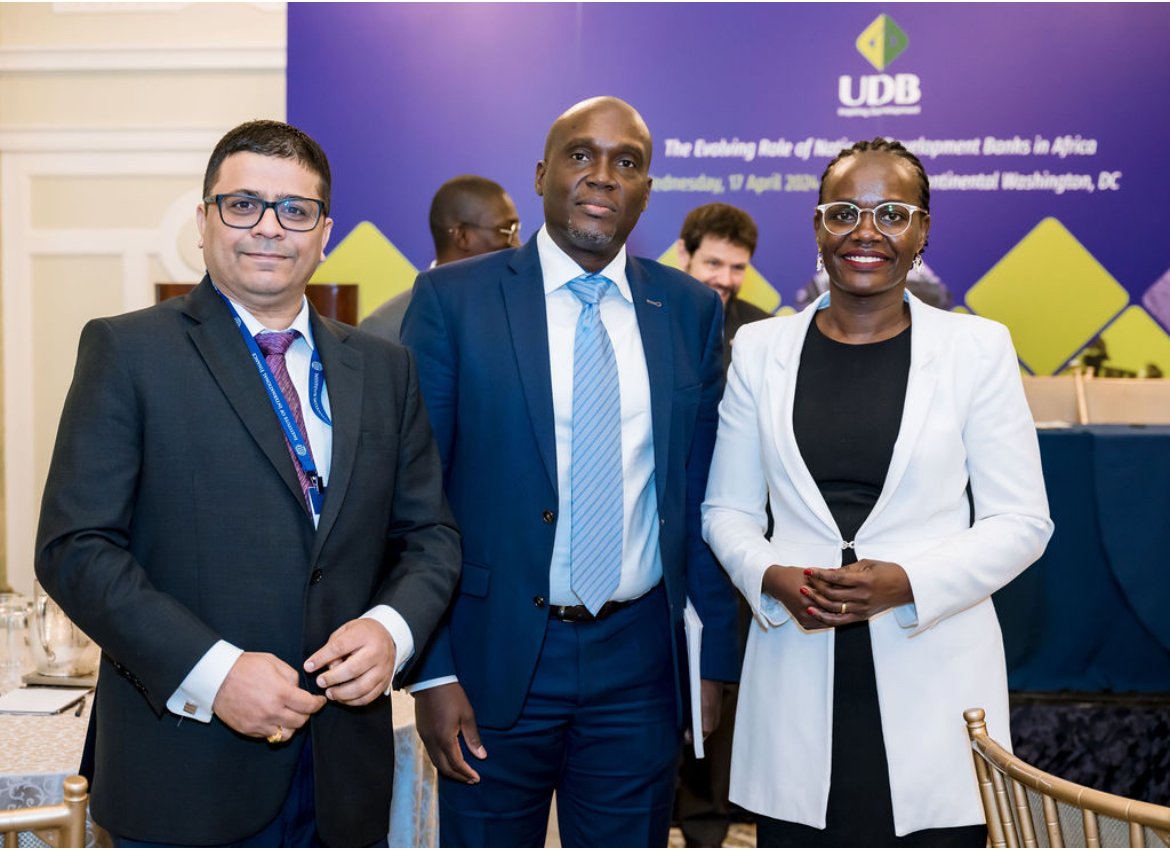Opinion: Borrowing is not a sign of poverty
By Edward Bindhe
 The author Edward Bindhe works with Uganda Microfinance Authority
The author Edward Bindhe works with Uganda Microfinance AuthorityKeep Reading
Borrowing means taking something that belongs to someone else with the intention of returning. This is according to the dictionary.
In this context, borrowing money would then mean taking a loan from bank, a company, money lender or microfinance institution with the intention of paying back with interest.
Many people have at a certain point borrowed money. It is not a crime to borrow. That is why even Governments including Ugandan Government borrows money to fund development projects like roads, schools, power dams ,hospitals among others.
https://nilepost.co.ug/2019/04/26/parliament-approves-shs-380-bn-loan-for-additional-cctv-cameras/
For example, the recently commissioned Source of the Nile Bridge in Jinja was constructed with support from Japanese Government. Available information indicates that the total cost of construction was US$125 million.
The Government of Japan financed 80% in the form of soft loans of US$100 million at an annual interest rate of 0.01 percent, repayable in ten years but extendable to forty years. The government of Uganda funded the remaining 20% which was about US$25Millions from own coffers.
https://nilepost.co.ug/2018/04/30/ugandas-first-cable-stayed-bridge-joined/
That is just one of the examples justifying that borrowing money is not a crime.
Debt is a common feature of all functioning economies. In fact, most of the world’s superpowers borrow to finance their budgets. America, which is the biggest economy is also the biggest borrower. Information obtained online indicates that the US has a Total Debt of 18.2 Trillion US Dollars making it the top ranking borrower followed by United Kingdom. I will not dwell too much on the global debt crisis but let me localize it.
There is a misconception that borrowing money is a sign of poverty. No, it is not. It is only that at some point, borrowers tend to get involved in multiple borrowing landing them into debt crisis which make them over indebted. We have seen cases in which borrowers have lost their assets tendered in as collateral to money lenders after defaulting.
Usually, the tension between lenders and borrowers climaxes during defaulting. Most borrowers default because they do not take time to read through the loan agreement. They tend to pay more attention to the amount of loans they are setting their sight on forgetting the implications.
Here are some of the tips you should know before borrowing. First of all, check and see if the microfinance institution or money lender is licensed. All money lenders and tier 4 microfinance institutions which include non-deposit taking microfinance institutions and SACCOs are supposed to be licensed by Uganda Microfinance Regulatory Authority (UMRA). Apart from SACCOs whose regulations have not yet been finalized to start their licensing process, money lenders and microfinance institutions must have licenses.
Check if they have an address. Avoid getting loans from briefcase money lenders. All money lenders must have a registered address. This is meant to cure the practice of disappearance where a money lender hides at the time when a borrower is supposed to pay his interest.
Also, read through the loans agreement. Remember it should not be a sales agreement when entering into borrowing. When you carefully read through the loan agreement, you will be able to discover the terms and conditions of the loan you are supposed to take. For example, you will be able to know the interest rate, the cost of the loan and the loan tenure.
Carefully read loan terms in those small font clauses. Lenders tend to hide serious clauses behind those small fonts.
Also look at the modes of recovery of their loan. What methods does a lender use to recover loans? Is it affordable compared to your income? What will happen in the event that you fail to meet your obligations? Is the lender willing to renegotiate rescheduling of the loan? Ask yourself as many questions as possible and get answers before the loan transaction is executed.
Lastly, after getting satisfied and convinced with terms and conditions of the loan, sign and ensure that they give you a copy of the loan agreement before taking the loan.
Edward Bindhe is the Communications Officer for Uganda Microfinance Regulatory Authority














